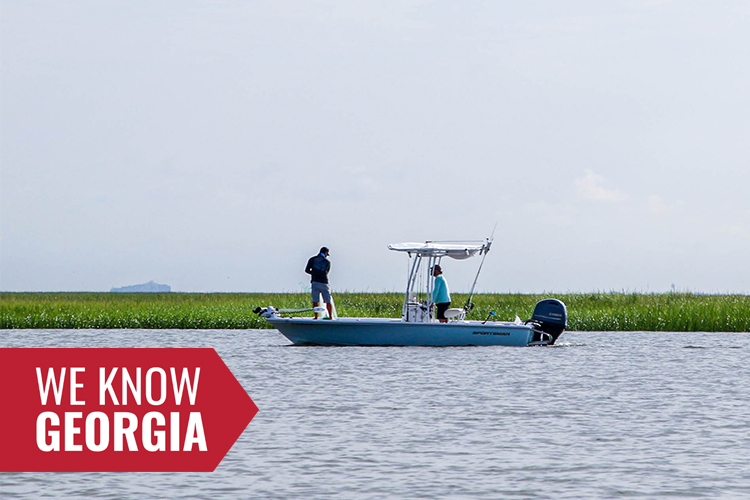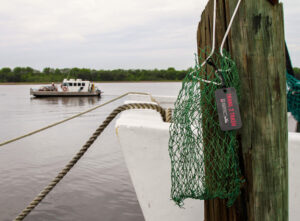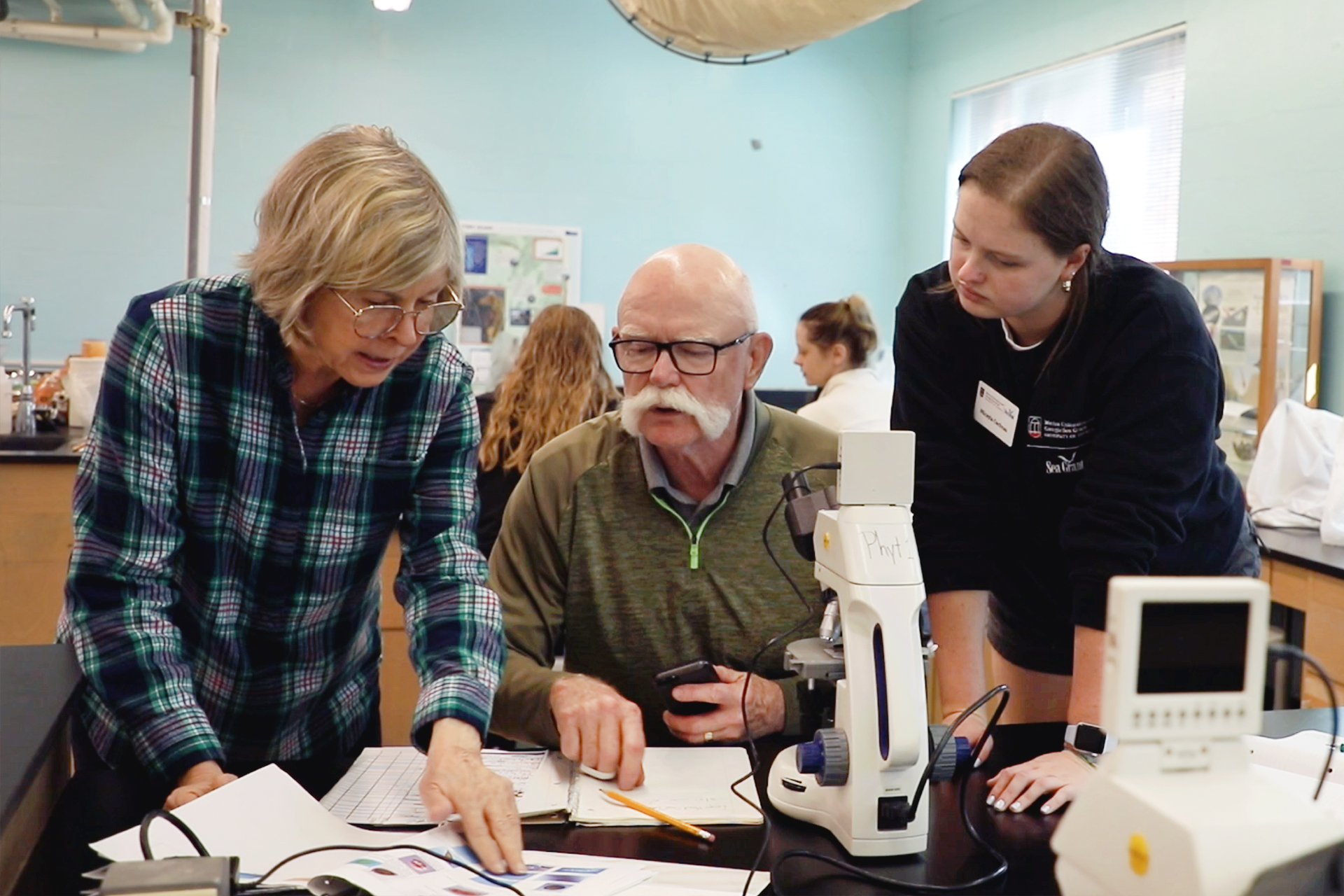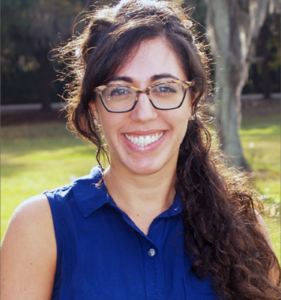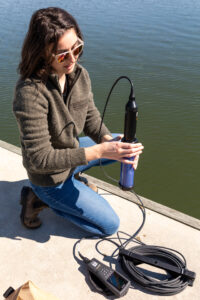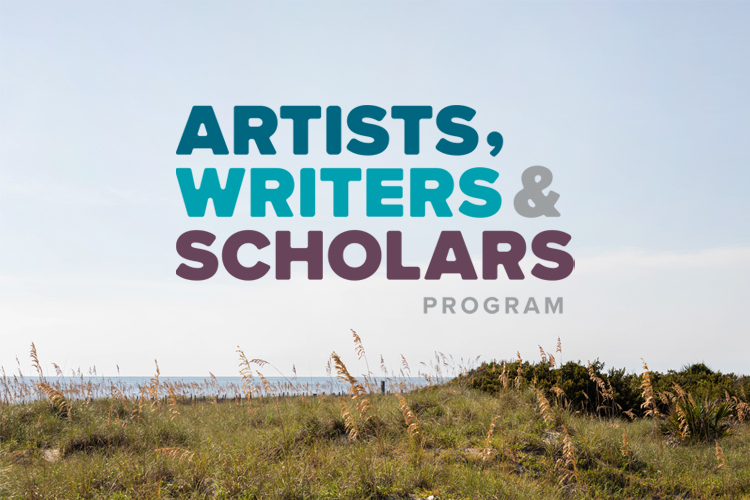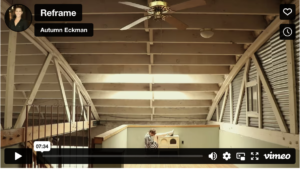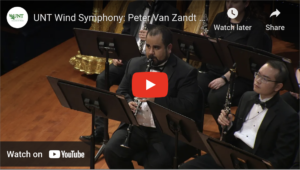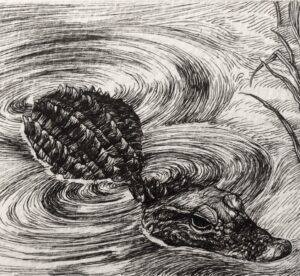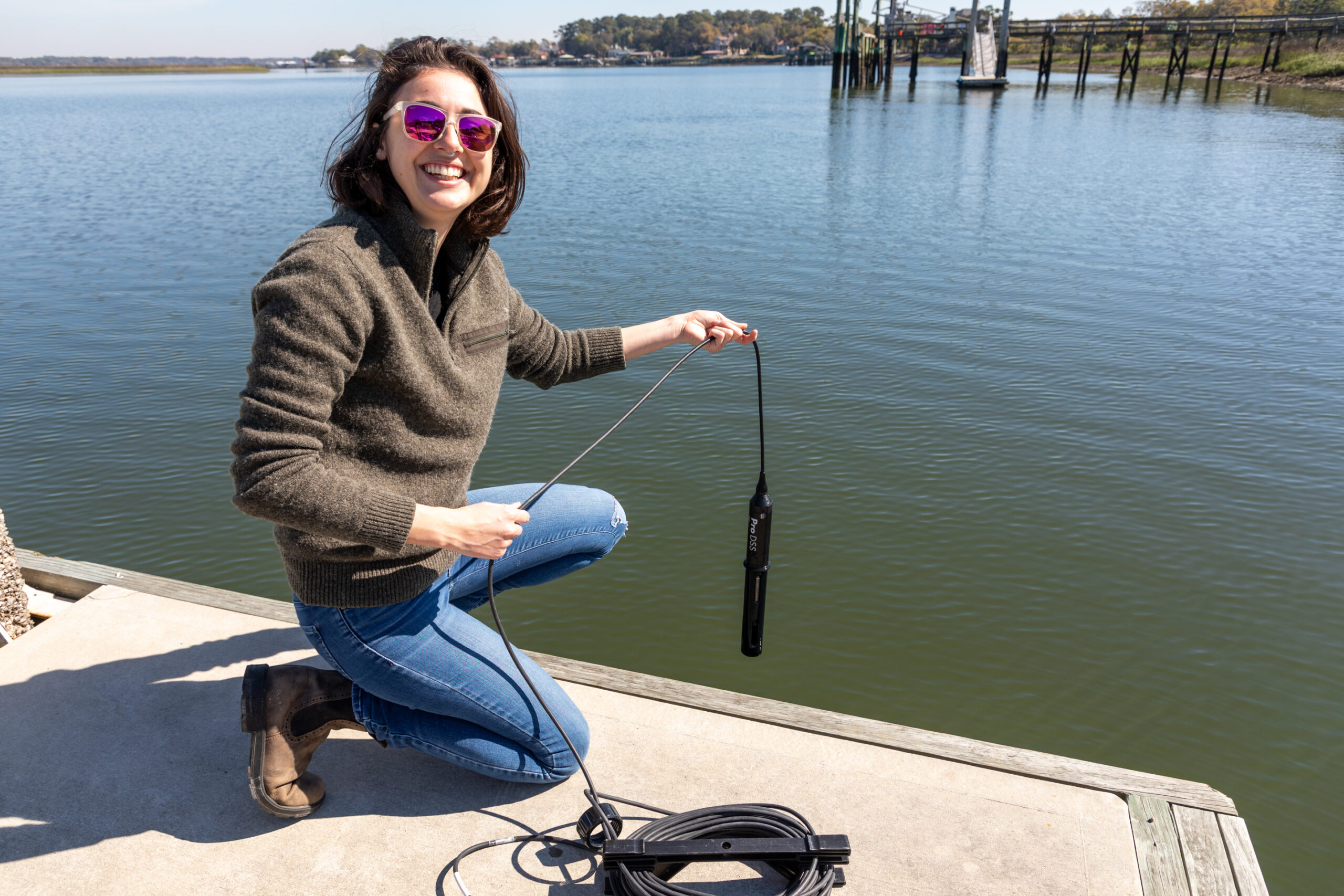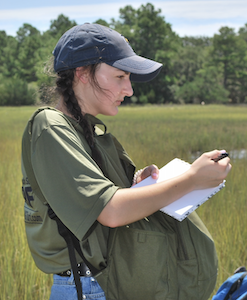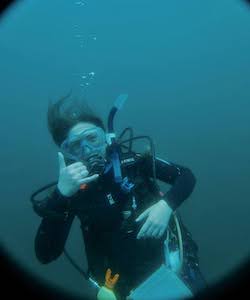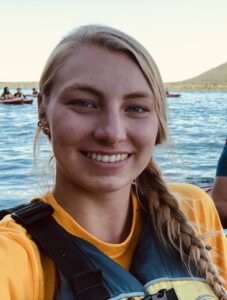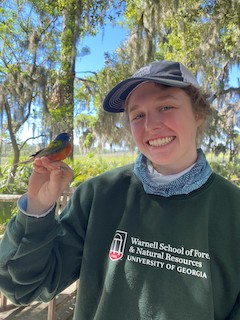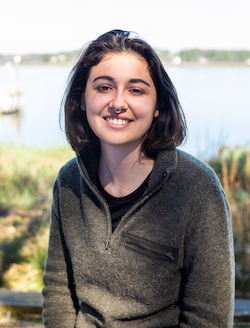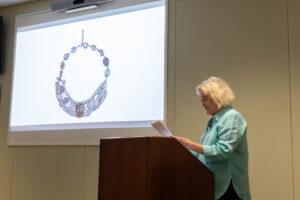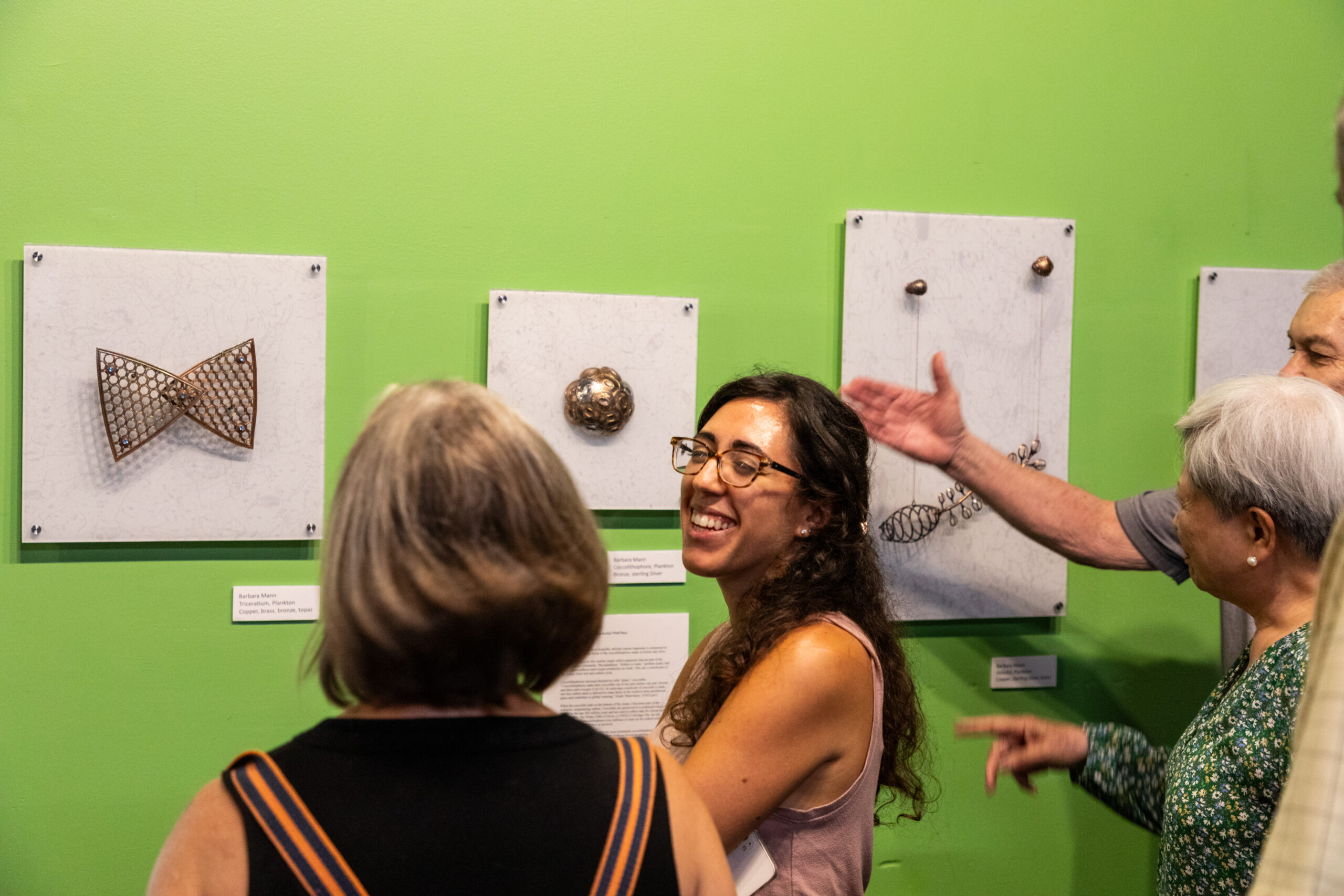The Youth Ocean Conservation Summit (YOCS) has been a driving force in educating students of all ages about environmental conservation. The main goal of YOCS is simple: to equip the next generation with the knowledge and skills needed to protect our oceans. This is achieved through workshops and discussions led by marine scientists and conservationists, where participants collaborate to develop conservation projects for their communities.
Since its inception in 2011 at the Mote Marine Laboratory in Sarasota, Florida, YOCS has expanded its reach, establishing satellite locations across the United States. In 2014, Sean Russell, the founder of YOCS, spent a year at the UGA Marine Education Center and Aquarium in Savannah, Georgia, as part of UGA Marine Extension and Georgia Sea Grant’s Marine Education Fellowship. During this time, Russell, with other Marine Education Fellows, laid the groundwork for Georgia’s first summit. Since then, the UGA Marine Education Center and Aquarium has been hosting the annual event, bringing new themes and workshops each year, tailored by the current cohort of Marine Education Fellows.
This year marked the 10th anniversary of the Georgia summit and was themed “Leaders in Coastal Resilience.” The summit welcomes youth ranging from 5th grade through college. This year, 41 participants from all over Georgia gathered to learn from local marine scientists and conservation leaders.
Bass Pro Shops and Cabela’s Outdoor Fund and The Webster Family provided financial support of this year’s summit. Together, with involved community professionals and educators, they have helped to create a platform that empowers young leaders to make a difference in their communities and contribute to the preservation of our oceans.
The event was a uniquely special occasion as Russell, now serving as the Director of Youth Engagement at EarthEcho International, returned to deliver the keynote address, reflecting on his personal journey and the growth of the youth summit over the past decade. Hands-on workshops led by local experts covered topics such as marine debris and environmental justice, providing participants with practical knowledge to implement in the creation of conservation projects for their own communities.
When asked what inspired him to establish a Youth Ocean Conservation Summit in Savannah, Russell said that “bringing the Youth Ocean Conservation Summit to the Savannah area created a unique opportunity to customize the programming to connect youth in the region to the incredibly unique environments of the Georgia coast, the challenges they face, and the power of young people driving solutions to protect this area for the future. It has been incredible to see the continued growth and impact of the Savannah YOCS program over the past 10 years. Returning to the 2024 event was a reminder of the strong connections the community has to the coast, and the importance of equipping young people with the knowledge, tools, and connectivity to become community leaders in coastal resilience at an early age.”
For many attendees, the summit has become an annual tradition, offering valuable learning experiences and opportunities to connect with peers who share their passion for conservation.
“The Savannah Youth Ocean Conservation Summit provides the space and time for students to meet professionals working in the field, to connect and brainstorm with their peers and to find inspiration on the coast,” said Marine Extension and Georgia Sea Grant’s Associate Director of Marine Education Anne Lindsay. “It’s a great way for participants and planners alike to connect with the next generation of coastal and ocean stewards.”







